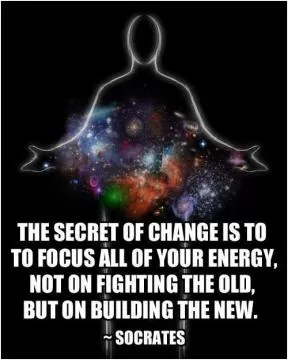The end of life is to be like God, and the soul following God will be like Him

The end of life is to be like God, and the soul following God will be like Him
In the context of Socrates, the idea that the end of life is to be like God and that the soul following God will be like Him is a profound and complex concept that reflects Socrates' deep philosophical beliefs about the nature of the soul and the ultimate purpose of human existence.Socrates believed that the soul is immortal and that its ultimate goal is to achieve a state of perfection and unity with the divine. He saw the pursuit of wisdom and virtue as the means by which the soul could achieve this goal and become like God. For Socrates, the end of life was not simply the cessation of existence, but rather the fulfillment of the soul's potential and the attainment of a higher state of being.
Socrates' teachings on the nature of the soul and its relationship to God were deeply influenced by his belief in the existence of an objective moral order that governs the universe. He believed that by following this moral order and living a life of virtue, individuals could align themselves with the divine and ultimately become like God. This idea of moral perfection and divine unity was central to Socrates' philosophy and informed his views on the purpose of human life.
Socrates' emphasis on the pursuit of wisdom and virtue as the means to achieve divine likeness reflects his belief in the transformative power of knowledge and moral excellence. He saw philosophy as a path to self-discovery and self-improvement, a way for individuals to transcend their earthly limitations and connect with the divine. By cultivating the virtues of wisdom, courage, temperance, and justice, individuals could purify their souls and become more like God.












 Friendship Quotes
Friendship Quotes Love Quotes
Love Quotes Life Quotes
Life Quotes Funny Quotes
Funny Quotes Motivational Quotes
Motivational Quotes Inspirational Quotes
Inspirational Quotes